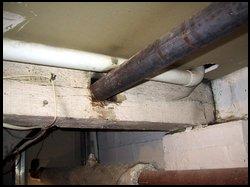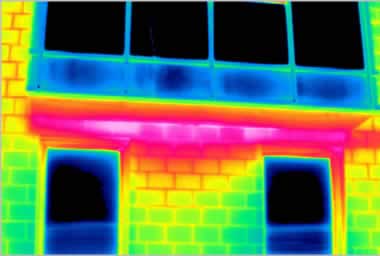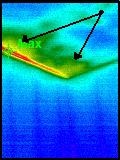The question is… do you rely on what the body corp AGM minutes say?
Do you get a moisture or leak inspection before buying a highrise apartment?
Today we performed an infrared moisture inspection on an inner city Auckland apartment. The lady who was purchasing the apartment was in two minds if she needed a moisture/building inspection at all, because the body corp minutes looked ‘clean’.
If you have lived in NZ for longer than one month and have been searching for property in the meantime, you should know that people have lost their life savings (and in some cases suicide attempts) from buying a home on emotion and not getting it appropriately tested first.
It has almost come to the point were ‘the logical process’ when buying a home in NZ these days is to get a moisture inspection and a building inspection. A highrise apartment is no different.
Body Corp Minutes
Body corp minutes are very helpful, especially if the AGM has past recently. But can you rely on them? No. Buying a home is a big commitment, and the last thing you want is to become one of ‘those people’ we read about in the paper wishing they did further due diligence before buying. Don’t rely on body corp minutes… do your own research.
Ok, the building may not have any leaks, but what about the apartment up above the one you’re looking to buy? How do you know they haven’t flooded their bathroom or kitchen recently? This type of ‘accident’ is unlikely to appear in the body corp minutes… because it’s unlikely to be reported in the first place, especially if it’s a renter living in there!
You can never be too cautious, and it’s not worth the risk. A peace of mind is much more comforting then not knowing at all.
Buying an apartment? Let us run over the apartment with our moisture testing equipment first!










